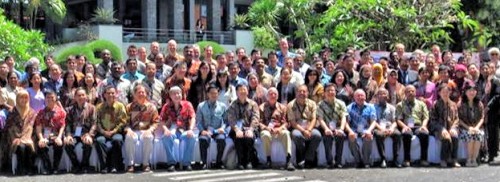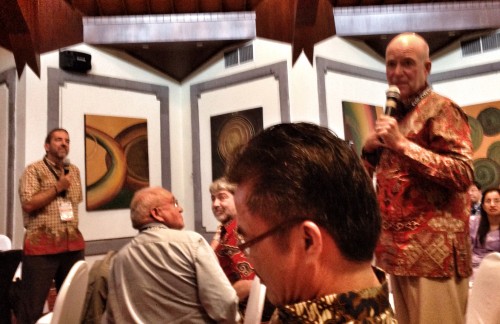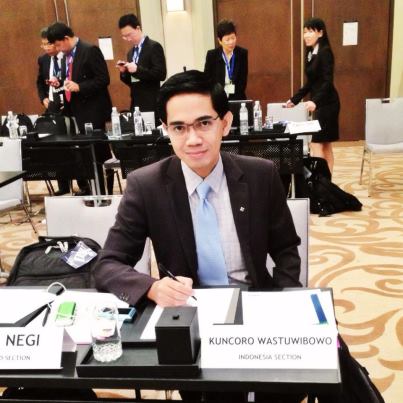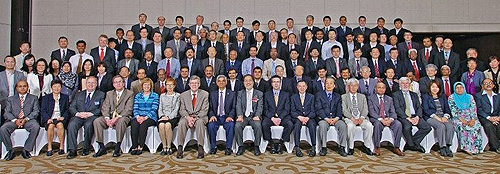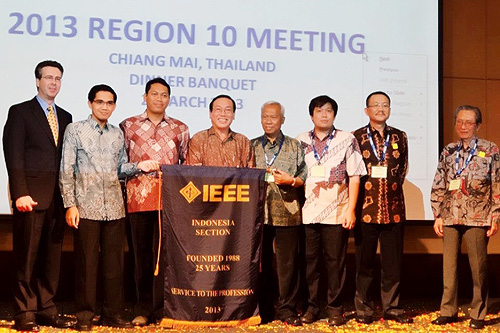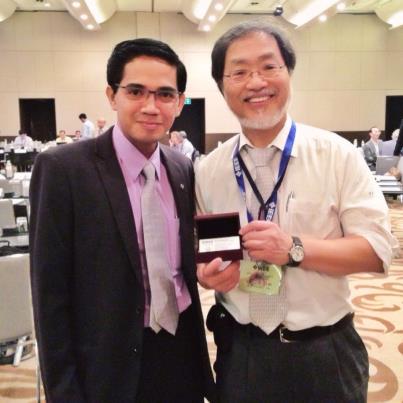Aku mengakhiri masa jabatan sebagai Chairman di IEEE Indonesia Section di awal 2015. Pemilu elektronis nan demokratis telah memilih New Chairman, Satrio Dharmanto, buat tahun 2015, yang bisa diperpanjang di 2016. Tapi aku ternyata aku gak boleh meninggalkan aktivitas di IEEE. Dr Ford Lumban Gaol segera berkontak, menyampaikan bahwa tahun Indonesia akan jadi tuan rumah IEEE TENSYMP 2016, dan kami berdua harus jadi ketua bersama (General Co-Chair) buat konferensi regional ini.
Waktu aku masih jadi Chairman di IEEE Indonesia Communications Society Chapter; IEEE Indonesia Section pernah jadi tuan rumah untuk IEEE TENCON 2011. TENCON adalah konferensi resmi dari IEEE Region 10 (Asia Pacific), yang umumnya diselenggarakan di akhir tahun. Sukses dengan TENCON, IEEE Region 10 mendirikan konferensi regional seri kedua sejak 2013. Mula-mula seri kedua ini disebut dengan TENCON Summer, karena diselenggarakan di pertengahan tahun. Namun, karena seri kedua ini masih lebih kecil daripada TENCON, maka akhirnya konferensi ini dinamai TENSYMP, atau IEEE Regional 10 Symposium. TENSYMP diselenggarakan berturut-turut di Australia, Malaysia, India, dan tahun 2016 ini diselenggarakan di Indonesia.

Tugas kami, tentu, adalah memastikan keberhasilan TENSYMP sebagai flagship conference dari Region 10. Paper harus diperoleh dari riset terbaru dan terbaik dari seluruh Asia Pasifik, pada tema yang sedang menjadi hal terpenting di Asia Pasifik. Asia Pasifik masih jadi salah satu pusat pertumbuhan bisnis dan ekonomi berbasis teknologi terbesar di dunia. Masalah energi, informasi, hingga teknologi untuk kemanusiaan jadi soal yang sama pentingnya. Namun akhirnya kami memilih fokus tematis pada prakarsa-prakarsa baru di bidang TIK.
Topik dibagi atas 4 track, yaitu Building Blocks yang mengkaji fundamental perbaikan infrastruktur informasi masa depan, termasuk jaringan 5G, IoT, hingga quantum networks; Architecture yang mendalami kerangka masa depan jaringan informasi, termasuk cognitive radio, cybernetics, dan big data; Critical Aspects yang mencoba menemu kenali titik-titik terpenting dalam pengembangan platform digital, termasuk pengoptimalan informasi konteks, ekonomika internet, dan green technology; serta Smart Applications yang mengeksplorasi berbagai peluang aplikasi dan produk yang memanfaatkan kecerdasan Internet masa depan.
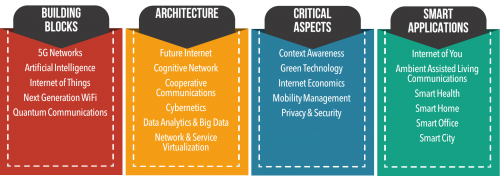
TENSYMP akan diselenggarakan 9-11 Mei 2016 di Denpasar, Bali. Paper akan kami terima hingga 31 Januari 2016. Sebagai TPC Chair, kami memilih Prof Gamantyo Hendrantoro dari ITS, yang telah memiliki reputasi global, baik di sisi expertise maupun komitmen terhadap profesi. TPC (Technical Program Committee) diisi para expert dari kalangan akademisi dan profesional di berbagai negara, termasuk beberapa dari Indonesia.
Keynote Speaker untuk TENSYMP juga memiliki kelas berat. Prof Kukjin Chun adalah Direktur IEEE Region 10 di tahun 2016, sekaligus expert di bidang micromechanics dan microengineering. Prof Benjamin Wah adalah mantan Presiden IEEE Computer Society, juga expert di bidang artificial intelligence dan multimedia. Dr Rod van Meter, adalah bintang yang sedang bersinar dalam riset dan rekayasa quantum computing & quantum networks. Semua akan mewarnai TENSYMP dengan inpirasi terkini yang akan membekali para akademisi dan insinyur Indonesia dan dunia.
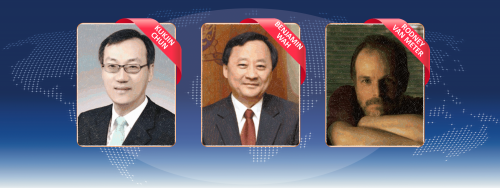
Kami mengundang para akademisi dan profesional bidang TIK Indonesia untuk hadir dan berperan aktif dalam konferensi ini. Sungguh kesempatan menarik dan luar biasa buat kita semua. Sayang kalau yang hadir justru hanya para profesional dari luar negeri, terutama para kompetitor di MEA.
Informasi tentang TENSYMP 2016 dapat disimak di TENSYMP2016.ORG. Paper dapat dikirim melalui layanan EDAS, dengan alamat tertera di web TENSYMP. Seperti konferensi IEEE lainnya, paper akan diproses lebih lanjut di IEEE Xplore serta diajukan ke indeks SCOPUS.
Sampai jumpa di Bali, Mei 2016!

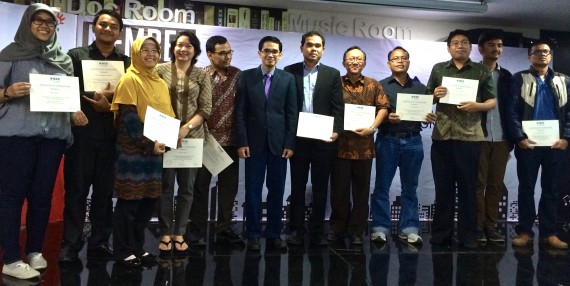
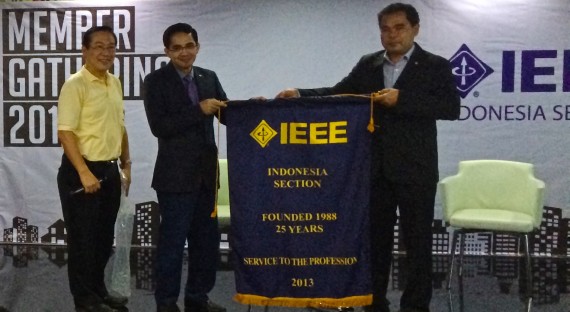
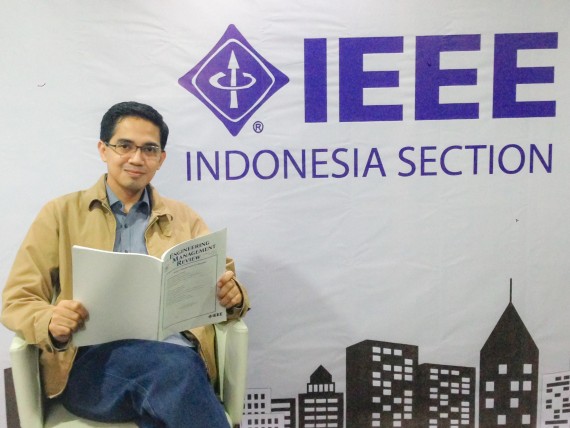
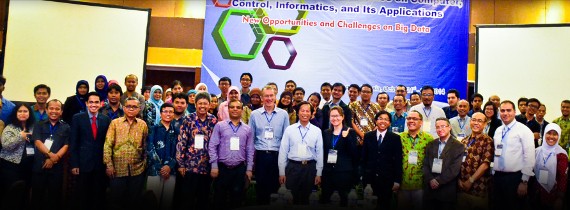
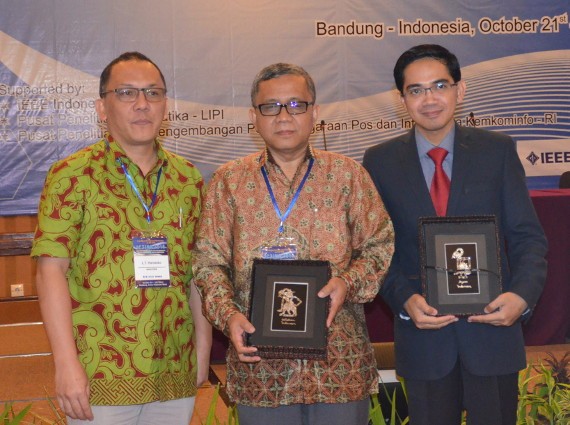






 . Thanks, all.
. Thanks, all.